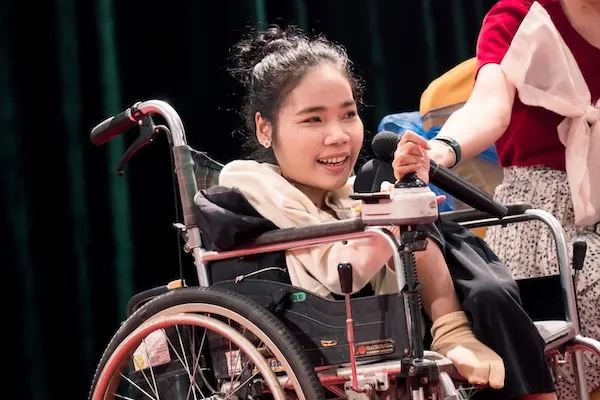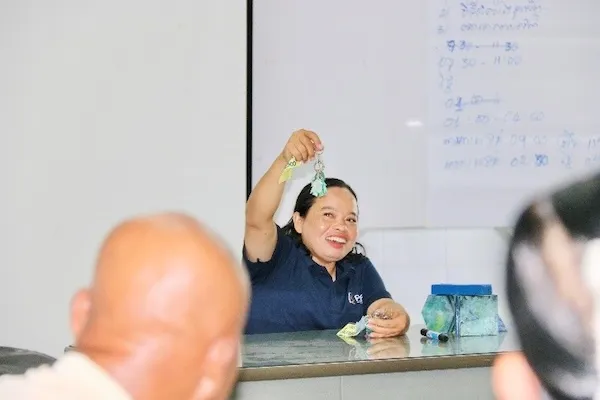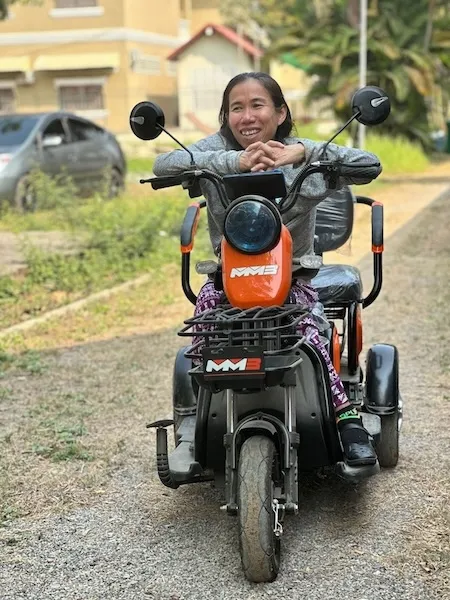Background
The unique voice of women with disabilities needs to be heard, but for many reasons it is not. Women with disabilities (WWD) experience multiple disadvantages due to the interplay between gender, disability and poverty. They experience higher rates of poverty, ill health, unemployment and violence than their non-disabled peers. Recent research in Cambodia demonstrates that women with disabilities often for many reasons do not disclose violence against them or seek support needed. Being underrepresented in both women’s rights organizations, and disability rights organizations, women with disabilities have had little attention paid to their situation and thus experience multiple forms of oppression.
In addition to disability-specific biases, women with disabilities face gender stereotypes when they are seen as primarily responsible for domestic matters and child care, and incapable of participating in political and social life. In particular, they are often excluded from social participation and economic opportunities, which can place a burden on them and their families and drive them into a cycle of poverty and discrimination.
The project aims to create the platform to represent, advocate for the rights, and empower women and girls with disabilities in Cambodia, with a specific focus on leadership skills development, promotion of public participation, fighting against gender-based violence, sexual and reproductive health rights of women/girls with disabilities, and economic empowerment through skills development on business initiatives.


What we did

Starting from a group of 22 women with disability registered at the beginning of the programme from nearly all provinces in Cambodia, we now have 75 women with disability representatives.
A series of capacity building sessions has been provided such as :
- Self-empowerment,
- Leadership and advocacy,
- Disability inclusion,
- Facilitation and negotiation skills,
- Mental health, counseling and sexual reproductive health,
- Budgeting and project management
These sessions were accompanied by the promotion of small grants with which the women could resource their action plans developed during the programme. This enabled them to fund small initiatives in their local areas.
This programme is crucial to raising the voice of women with disability. Building skills and capacity amongst change champions has a far-reaching affect when taken back to their communities. Often at provincial level, it is the first time rural women with disability are being reached. The programme has a deep pyscho-social support role for the women also which builds a supportive environment and confidence